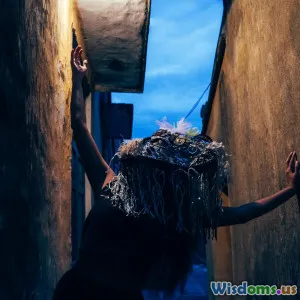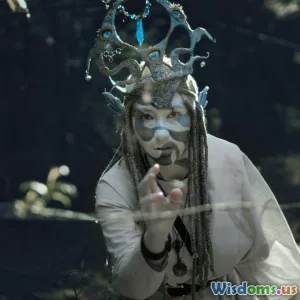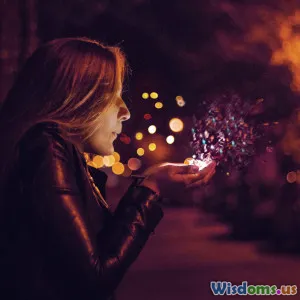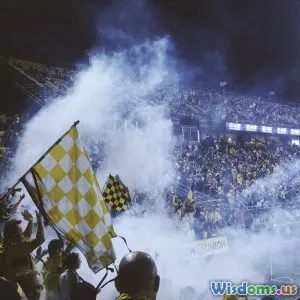
Behind the Scenes of Magic Shows
6 min read Explore the intricacies and secrets that make magic shows captivating, from preparation to performance. (0 Reviews)
Behind the Scenes of Magic Shows
Magic shows have enthralled audiences for centuries, captivating them with illusions and feats that seem to defy the laws of physics. But what happens behind the curtain? In this article, we will explore the intricate world of magic shows, delving into the preparation, teamwork, and creativity that make these performances so mesmerizing.
The Art of Preparation
Concept Development
The first step in crafting a compelling magic show is the conceptualization of the performance. Magicians often spend months, if not years, developing their unique style and signature tricks. This involves brainstorming ideas, sketching out routines, and testing different illusions. Many magicians draw inspiration from various sources, including literature, history, and even personal experiences.
Scriptwriting
Once a concept is in place, the next step is to write a script that ties everything together. This script not only outlines the sequence of tricks but also includes the dialogue and storytelling elements that engage the audience. A well-written script can turn a simple magic trick into a captivating narrative, creating emotional connections with the spectators.
Prop and Costume Design
Props and costumes play a crucial role in enhancing the visual impact of a magic show. Magicians work closely with designers to create custom props that suit their performance style. From elaborate stage setups to sleek, minimalist designs, the choice of props can greatly affect the audience's perception of the illusion. Costumes are equally important; they should reflect the magician’s persona while remaining practical for the performance.
The Role of Teamwork
Collaboration with Crew
A successful magic show is a collaborative effort involving various professionals, including stagehands, lighting technicians, sound engineers, and choreographers. Each member of the crew plays a vital role in ensuring that the performance runs smoothly. Communication is key; magicians must work closely with their team to coordinate movements, cues, and timing.
Rehearsals
Rehearsals are an essential part of the preparation process. Magicians and their crews spend countless hours practicing their routines, fine-tuning the timing, and perfecting the delivery. This process often involves trial and error, as magicians refine their tricks based on audience reactions and technical challenges. Rehearsals also help build a strong rapport between the magician and their crew, fostering a sense of trust and collaboration.
The Performance Night
Stage Setup
On the night of the performance, the energy in the theater is palpable. The stage is meticulously set up to create an immersive environment for the audience. Lighting and sound effects are tested to enhance the overall experience, ensuring that every aspect of the show aligns with the magician’s vision.
Audience Engagement
Engaging the audience is crucial for the success of a magic show. Magicians often incorporate elements of humor, storytelling, and audience participation to create a memorable experience. This interaction not only entertains but also helps to dispel skepticism, allowing the audience to suspend their disbelief and immerse themselves in the magic.
The Big Reveal
The climax of any magic show is the grand finale, where the most breathtaking illusions are revealed. This moment is often the culmination of all the hard work, creativity, and teamwork put into the performance. The audience's reaction—gasps, applause, and sometimes even laughter—provides instant feedback, validating the effort and artistry involved in bringing the magic to life.
Conclusion
Behind the scenes of a magic show lies a world of creativity, collaboration, and meticulous planning. From the initial concept development to the final performance, every detail is carefully crafted to create an unforgettable experience for the audience. Understanding the hard work and dedication that goes into these performances can deepen our appreciation for the art of magic. Next time you watch a magic show, remember the countless hours of preparation and teamwork that make the impossible seem possible.
Rate the Post
User Reviews
Popular Posts




















